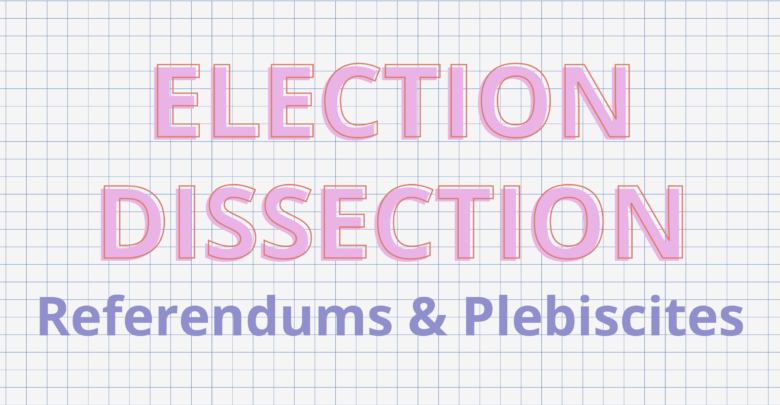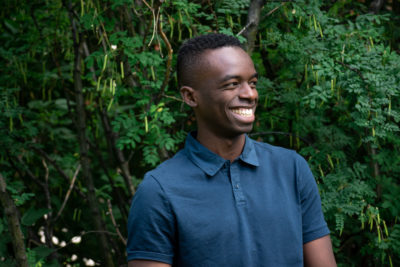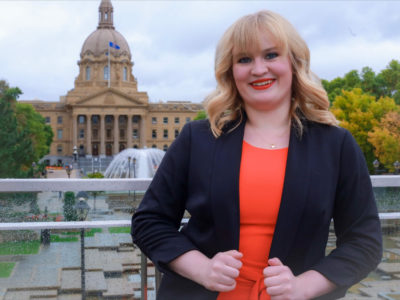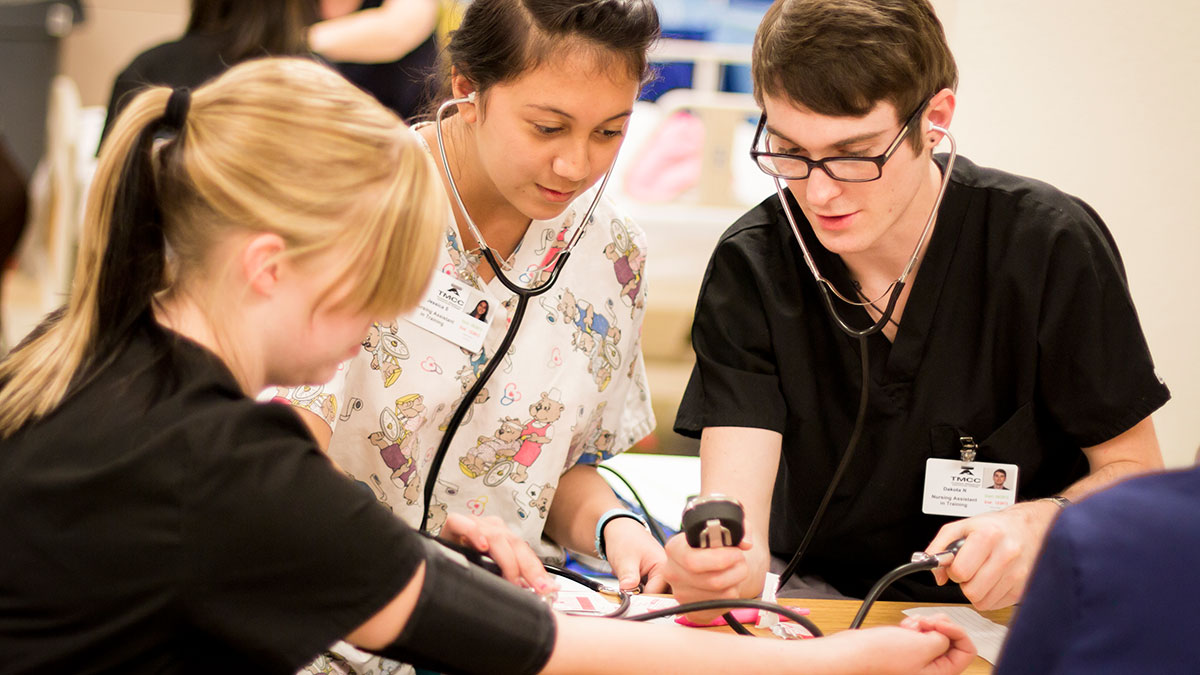 Lochlann Kerr
Lochlann KerrEvery year The Gateway hosts a panel to determine who should and who will win in each race for the Students’ Union elections to assist those undecided on who to vote for. Our election dissection panel is here with their insights on student politics and their takes on this year’s candidates.
Opinions expressed by the panellists do not reflect those of The Gateway.
The Panel
This year’s panel for election dissection included:
- Tom Ndekezi: U of A alumni, former arts and culture editor at The Gateway

- Kyle Monda: U of A alumni, past Gateway contributor, GFC and Students’ Council councillor, past candidate for Students’ Union vice-president (student life)

- Alyssa Stoddard: third-year political science and English student, previous caucus researcher for the Government of Alberta (2019 – 2021)

“Yes” Side: International Students’ Association Fee (ISA)
Panellists were impressed by the advocacy work done by the International Students’ Association (ISA).
Monda noted that if students really didn’t want to support the ISA through this fee, they had left an option to opt-out.
“I don’t really see any reason not to support it because students who feel strongly about their money not going to the ISA can opt-out,” Monda said. “The university community as a whole would benefit from stronger representation for international students and by leaving the opt-out, they’ve left a lot of flexibility in for students who might not support the advocacy work for whatever reason.”
Ndekezi commented that thought it was “funny” to see the referendums and plebiscites being discussed, as he felt that larger tuition expenses for students outweighed them.
“It’s always funny watching students complain about $5, $7 when we’re dealing with these giant tuition hikes,” Ndekezi said. “It feels as though we’re directing our ire in the wrong places.”
“It seems as though there’s a lot of support from international students which is who it’s for and who would want to push it forward.”
Stoddard echoed Monda’s statements, commenting that she had seen engagement from the ISA with the student community — something that she liked.
“The ISA has, from what I’ve seen and even recently with the war in Ukraine, they’re out in the campus community and they’re out supporting international students,” Stoddard said. “Which I think is great. I think that the campus community should support them, and as [Monda] said, if you’re so inherently opposed to supporting the ISA, then you don’t have to pay for the fee.”
“This I-Card thing looks pretty cool,” noted Ndekezi. “Bigs ups, it’s a nice idea.”
Will this pass: three votes for “Yes”
Should this pass: three votes for “Yes”
“Yes” Side: Student Legal Services Fee (SLS)
The panel was aware of the work Student Legal Services (SLS) does on campus, and thought their work was important to students.
Monda highlighted the fact that SLS is a community resource that is accessible without usual legal barriers.
“It’s pretty clear to me that Student Legal Services (SLS) does pretty remarkable work and by paying that fee you can access their services without the means testing component,” Monda said. “It’s a pretty sweet deal for students. It’s a great resource for the community to have, so I see no reason not to support it.”
Stoddard also noted the community aspect of SLS, specifically pointing out that supporting SLS meant supporting law students.
“I think it’s a great opportunity for students in law to have that experience,” Stoddard said. “You’re supporting soon-to-be lawyers, and you’re also supporting students that need those legal services that might not be able to pay to go to a fancy law firm and get that counsel advice.”
“If students are supporting other students, then we should be doing the same — the whole community should be doing the same.”
Ndekezi, who is currently a law student at the University of Victoria, also felt that SLS’s role in helping law students gain experience was important.
“I think it’s one of those services I think most undergrads will go through their whole degree never accessing,” Ndekezi said. “But if you ever find yourself in a position where that’s the case, or out of solidarity with your fellow students — it’s a great resource to have if it’s something you need. And yeah, it helps law students, definitely.”
“Getting practical training — in any program, or any opportunity for practical work, makes a big difference. The stuff you learn in class doesn’t compare to what practicing in real life looks like.”
Will this pass: three votes for “Yes”
Should this pass: three votes for “Yes”
“Yes” Side: World University Service of Canada Fee (WUSC)
The panel began by stating that the previous fee was very low, but felt that the service was necessary and the increase in the fee was warranted.
Stoddard pointed to the many conflicts in the world and thought that World University Service of Canada’s (WUSC’s) fee would help out others in need.
“I have no idea what you could do with 52 cents,” Stoddard commented. “It seems unfair to only have it at 52 cents, so I think given so many conflicts in the world right now, having that opportunity to sponsor a second student that needs, unfortunately, refugee status is brilliant.”
Monda brought up his own experiences with students who have been through the sponsorship program.
“I’ve had the pleasure of meeting some of the students who have been sponsored by this program and I think it creates remarkable opportunities for people and is an absolutely necessary service for the university to provide,” Monda said. “We gotta be uplifting the whole people and this is a part of that. It was ridiculously cheap at 52 cents, it will still be ridiculously cheap … at the new fee.”
Ndekezi noted that like the SLS fee, most students will not be benefited by WUSC during their degree, but that the fee’s positive impact was enough to justify it.
“Not all students are going to interact throughout their degree,” Ndekezi said. “Just the fact that it can make a huge difference for the people who are served by their program is enough of a reason.”
Will this pass: three votes for “Yes”
Should this pass: three votes for “Yes”




